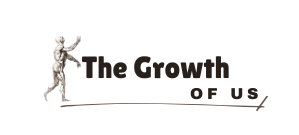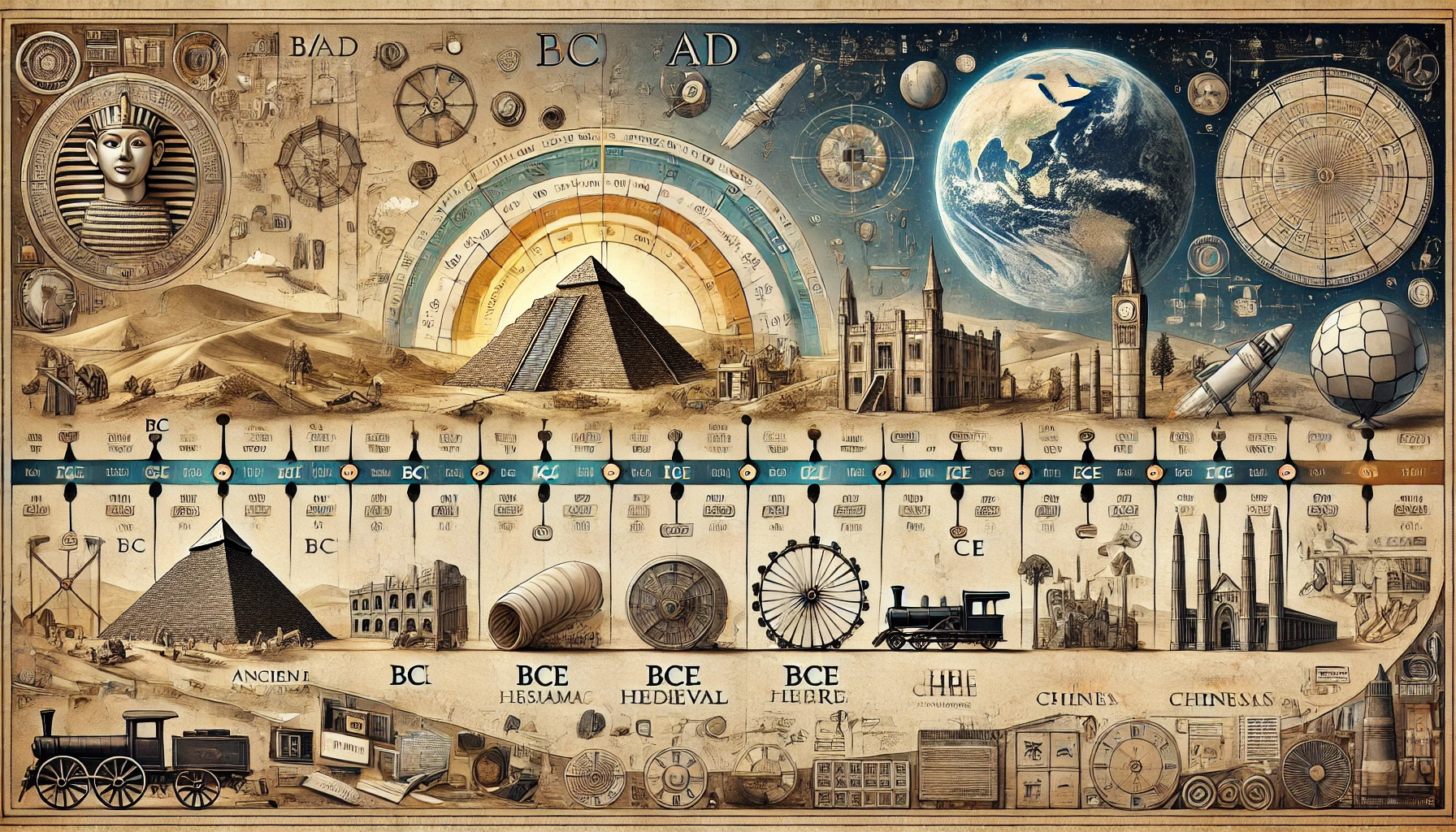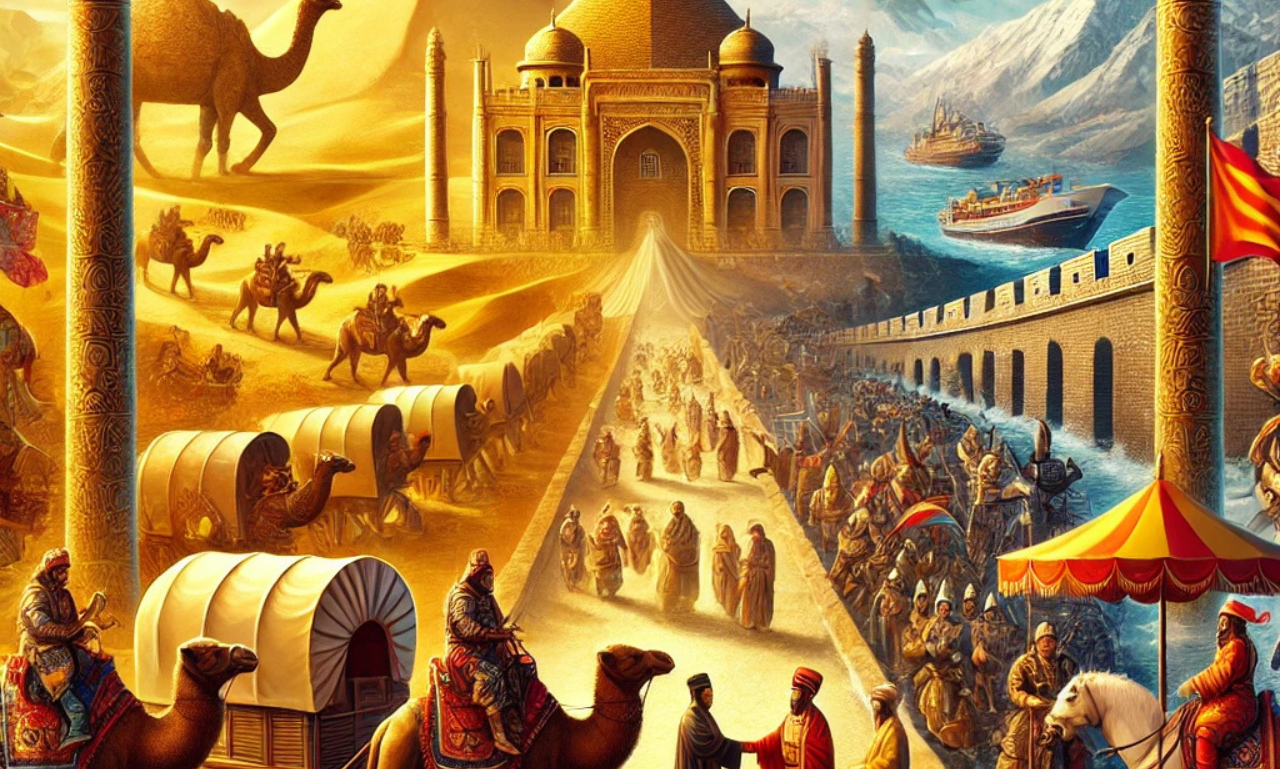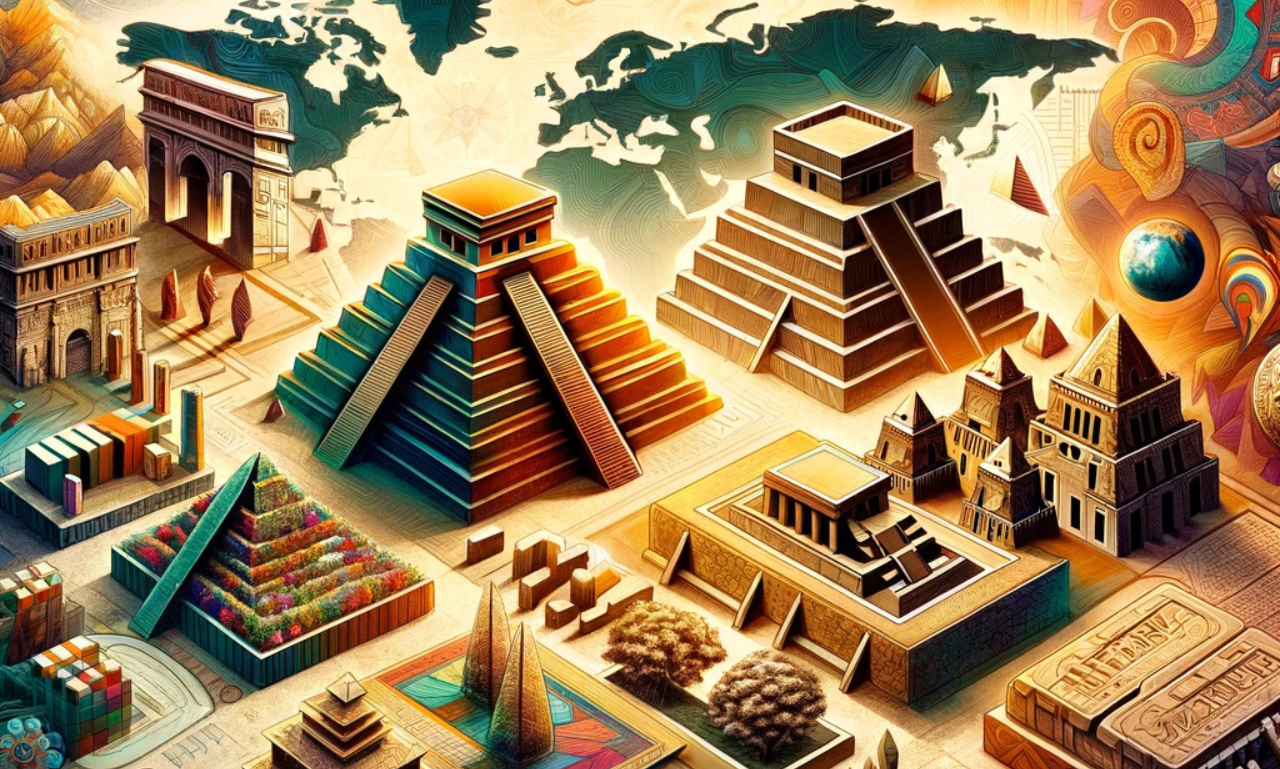History lessons is a treasure trove of teachings just waiting to be unearthed; it is not simply about old dates and dusty books. We can learn from every success and setback, every discovery and catastrophe. You may influence your present and direct your future by learning from the past. However, how can history benefit you and why is it important? Let’s examine some intriguing instances and teachings that demonstrate history is a life guide rather than only a subject.
Learning from the Past: Why History lessons is Your Best Teacher
The adage “Those who do not learn history are doomed to repeat it” is likely familiar to you. The well-known statement of George Santayana serves as a timeless reminder of the importance of studying the past. Consider this: you will inevitably fall into the same pitfalls if you choose to overlook the errors of the past. And let’s be honest, nobody wants to repeat the mistakes of the past.
Understanding what works is just as important as avoiding errors while studying history. You may find trends and ideas that relate to the problems of today by examining previous achievements and failures. History is on your side, whether you’re dealing with a personal choice or a global problem.
Case Studies: How History lessons Offers Real-Life Solutions
One of the coolest things about history is how it connects past events to present-day challenges. Sure, the contexts may be different, but the principles often stay the same. Let’s look at some eye-opening examples that prove history’s relevance.

The Great Depression: A Lesson in Economic Survival
We learned a lot about financial systems during the worldwide economic catastrophe known as the Great Depression of the 1930s. Uncontrolled markets were unmanageable, resulting in widespread poverty and high unemployment. The need of intervening in times of crisis was something that governments discovered the hard way.
You may see these principles in action during the COVID-19 epidemic or the 2008 financial crisis. The New Deal policies of the Great Depression period served as an inspiration for economic stimulus plans, job creation initiatives, and improved financial supervision. History provided us with a blueprint in addition to warning us.
World Wars: The Cost of Unchecked Nationalism
A clear warning of the consequences of unbridled nationalism was provided by the events leading up to World War II. Conflict was sparked by harsh post-World War I peace conditions, such as those in the Treaty of Versailles, which increased German discontent and economic misery.
What does this teach us? Diplomacy is important. Tensions might rise as a result of severe punishments and unanswered complaints. These historical lessons still have an impact on how international talks and peace treaties are handled today, prioritizing collaboration and justice above punishment.
Inspiration from Historical Achievements
History lessons isn’t all about mistakes. It’s also packed with stories of innovation and courage that continue to inspire us. Here are two examples that show how past achievements can light the way forward.

Penicillin: The Medical Breakthrough That Changed Everything
Did you know that the early 20th century discovery of penicillin transformed medical treatment? Modern antibiotics were made possible by this accidental discovery, which also saved many lives. It is evidence that inquisitiveness and persistence may result in discoveries that transform the world.
The tale of penicillin continues to motivate funding for research and development. The lessons of scientific discovery continue to advance society via the development of vaccinations and innovative medical therapies.
Civil Rights Movements: The Power of Collective Action
The anti-apartheid battle in South Africa and the American civil rights movement are both potent illustrations of how solidarity and nonviolent protest can bring about change. In addition to achieving equality, these revolutions served as models for activists worldwide.
History is a great source of inspiration for addressing injustice. These tales serve as a reminder of the value of bravery, teamwork, and tenacity in improving the world.
Practical Lessons for Today’s Challenges
History isn’t just about learning—it’s about applying those lessons to the problems we face today. Let’s explore how historical events have shaped modern strategies in public health, economic policy, and environmental conservation.
Public Health: From Spanish Flu to COVID-19
One of the worst influenza pandemics in history occurred in 1918 and was also referred to as the Spanish flu. We learned important lessons about the significance of quick response, public health communication, and disease control.
These lessons proved to be very beneficial during the COVID-19 epidemic. Past experiences prompted strategies such as international collaboration, immunization programs, and social separation. We learned from history what works and what doesn’t when it comes to handling public health emergencies.

Economic Policy: Learning from the history lessons
President Franklin D. Roosevelt’s New Deal initiatives sought to stabilize the economy via government action when the Great Depression hit. Modern economic measures, such as attempts to create jobs and provide fiscal stimulus, were made possible by these policies.
Governments all throughout the globe used these historical lessons to save the economy from collapsing in 2008 during the global financial crisis. History was evident even amid the economic aftermath from COVID-19. It demonstrates how the past may help us navigate the difficulties of the present.
Environmental Conservation: The Dust Bowl’s Wake-Up Call
Poor farming methods and extreme drought led to the man-made environmental catastrophe known as the Dust Bowl in the 1930s. It brought attention to the need of managing land sustainably and resulted in major adjustments to agricultural regulations.
These lessons are still very important now as we deal with the effects of climate change. History is a guide for action, and environmental protection and sustainable practices are more crucial than ever.
Diplomacy and Peace: Avoiding the Mistakes of the Past
In international diplomacy, the Treaty of Versailles is sometimes used as a warning story. After World War I, it imposed severe sanctions on Germany, which fueled the outbreak of World War II. The lesson? Peace treaties have to be equitable and long-lasting.
These lessons are important in contemporary diplomacy. In order to avert future disputes, international talks place a high priority on collaboration, fairness, and communication. History shows us that inclusive solutions lead to enduring peace, whereas punitive tactics often backfire.
Why History lessons is a Toolkit for the Future
History is a toolset for resolving contemporary issues, not only a compilation of historical tales. The past provides knowledge, tactics, and inspiration for everything from handling public health emergencies to promoting world peace. Studying history gives you the skills you need to overcome obstacles and build a better future.
The next time you question why history is important, keep in mind that it has nothing to do with learning names or dates by heart. It’s about taking lessons from the successes and setbacks of your predecessors. Utilizing the past to create a better present and future is the goal.
Allow history to serve as your inspiration, caution, and guidance. After all, you may be surprised to learn how much the past has to give.




